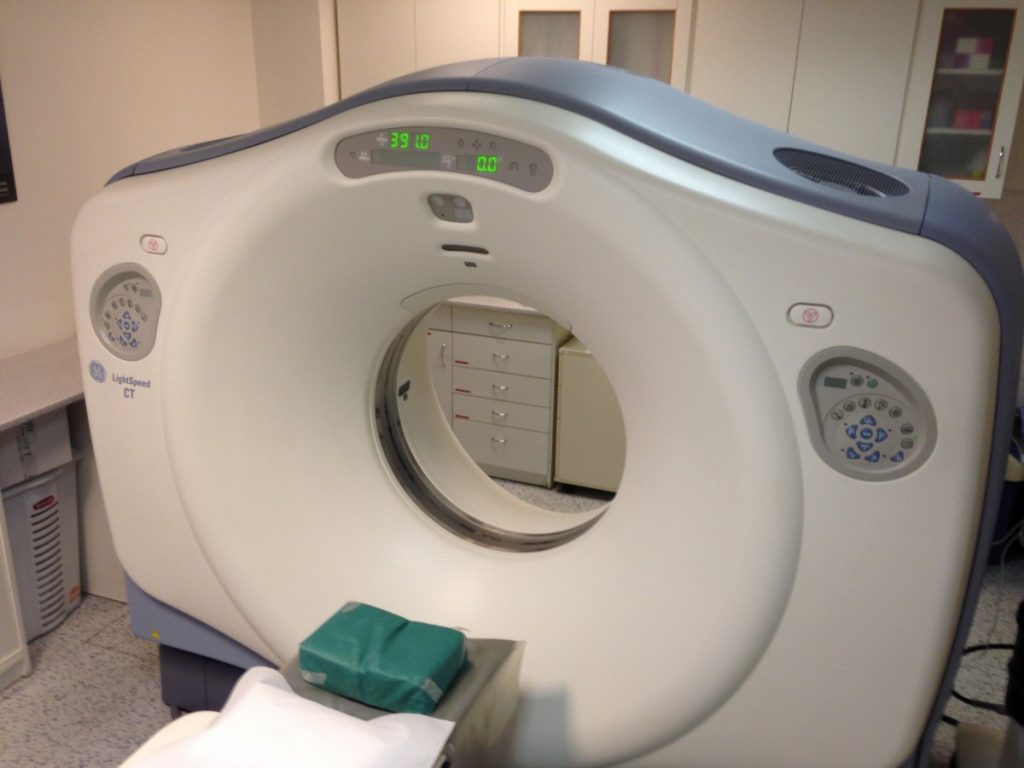Purpose
As many more premature infants survive, the numbers of these infants with health problems also has increased. The rate of cerebral palsy in extremely premature infants is approximately 20%. Magnesium sulfate, the most commonly used drug in the US used to stop premature labor may prevent CP. This trial tests whether magnesium sulfate given to a woman in labor with a premature fetus (24 to 31 weeks out of 40) will reduce the rate of death or moderate to severe CP in the children at 2 years. The children receive ultrasounds of their brains as infants and attend three follow-up visits over two years to assess their health and development.
Condition:
– Cerebral Palsy
– Intraventricular hemorrhage
– Periventricular Leukomalacia
– Pulmonary Edema
– Abruptio Placentae
Purpose As many more premature infants survive, the numbers of these infants with health problems also has increased. The rate of cerebral palsy in extremely premature infants is approximately 20%. Magnesium sulfate, the most commonly used drug in the US used to stop premature labor may prevent CP. This trial tests whether magnesium sulfate given to a woman in labor with a premature fetus (24 to 31 weeks out of 40) will reduce the rate of death or moderate to severe CP in the children at 2 years. The children receive ultrasounds of their brains as infants and attend three follow-up visits over two years to assess their health and development. Condition: – Cerebral Palsy- Intraventricular hemorrhage- Periventricular Leukomalacia- Pulmonary Edema- Abruptio Placentae Study Type: InterventionalStudy Design: Prevention, Randomized, Double-Blind, Placebo Control, Single Group Assignment, Efficacy Study Official Title: Randomized Clinical Trial of the Beneficial Effects of Antenatal Magnesium Sulfate (BEAM)Further Study Details: The prevalence of cerebral palsy is increasing as the survival rate of extremely premature infants is improving. Studies have suggested an apparent association between maternal magnesium sulfate administration and a reduced risk of cerebral palsy. Other studies have suggested a possible association between magnesium sulfate and a reduction in neonatal cranial ultrasound abnormalities which may be markers for subsequent development of cerebral palsy. This multicenter trial tests whether prophylactic magnesium sulfate given to women, for whom preterm delivery is imminent, reduces the risk of death or moderate to severe cerebral palsy in their children. Women presenting from 24.0 to 31.6 weeks gestation with advanced preterm labor or premature rupture of the membranes (pPROM) and no recent exposure to magnesium sulfate are randomized to receive (either intravenous magnesium sulfate or masked study drug placebo). No other parenteral tocolytics other than the IV medication may be used. Retreatment with study medication is given any time labor recurs or delivery is anticipated until gestational age is > 34.0 wks. Standard clinical management and therapy is to be maintained for all study patients. Patients are assessed for signs of intolerance to the study medications and maternal data are collected up to hospital discharge. A sample of venous blood is collected and neonatal cranial ultrasounds are performed. Up to three follow-up visits are scheduled over two years where certified examiners, masked to study group assignment, collect physical and neurological data, including a modified Gross Motor Function Classification Scale. The Bayley Scales of Infant Development is also administered. Cranial ultrasounds are reviewed centrally. The primary outcome is a composite outcome of death or moderate to severe cerebral palsy. Secondary outcomes include maternal infectious morbidity, pulmonary edema and placental abruption, neonatal stillbirth and death, intraventricular hemorrhage, periventricular leukomalacia, neonatal infectious and noninfectious morbidity. Eligibility Genders Eligible for Study: Female Criteria Inclusion Criteria:Pregnant with diagnosis of preterm labor Membrane rupture or delivery definitely planned with 24 hours Gestational age > 24.0 and < 31.6 wks, viable fetus Exclusion Criteria:Prior IV magnesium sulfate therapy within 12 hours of screening Delivery expected <2 hrs Cervical dilation > 8 cm More than 2 fetuses Known major fetal anomalies Hypertension or preeclampsia Maternal medical complications contraindicating magnesium sulfate treatment Participation in any intervention study which influences infant neurological outcome Previous participation in this trial Expected Total Enrollment: 2000 [1] Dwight Rouse, MD, Principal Investigator, University of Alabama, Birmingham [2] National Institute of Child Health and Human Development (NICHD)[3] National Institute of Neurological Disorders and Stroke (NINDS)
All content and media on the HealthEngine Blog is created and published online for informational purposes only. It is not intended to be a substitute for professional medical advice and should not be relied on as health or personal advice. Always seek the guidance of your doctor or other qualified health professional with any questions you may have regarding your health or a medical condition. Never disregard the advice of a medical professional, or delay in seeking it because of something you have read on this Website. If you think you may have a medical emergency, call your doctor, go to the nearest hospital emergency department, or call the emergency services immediately.







